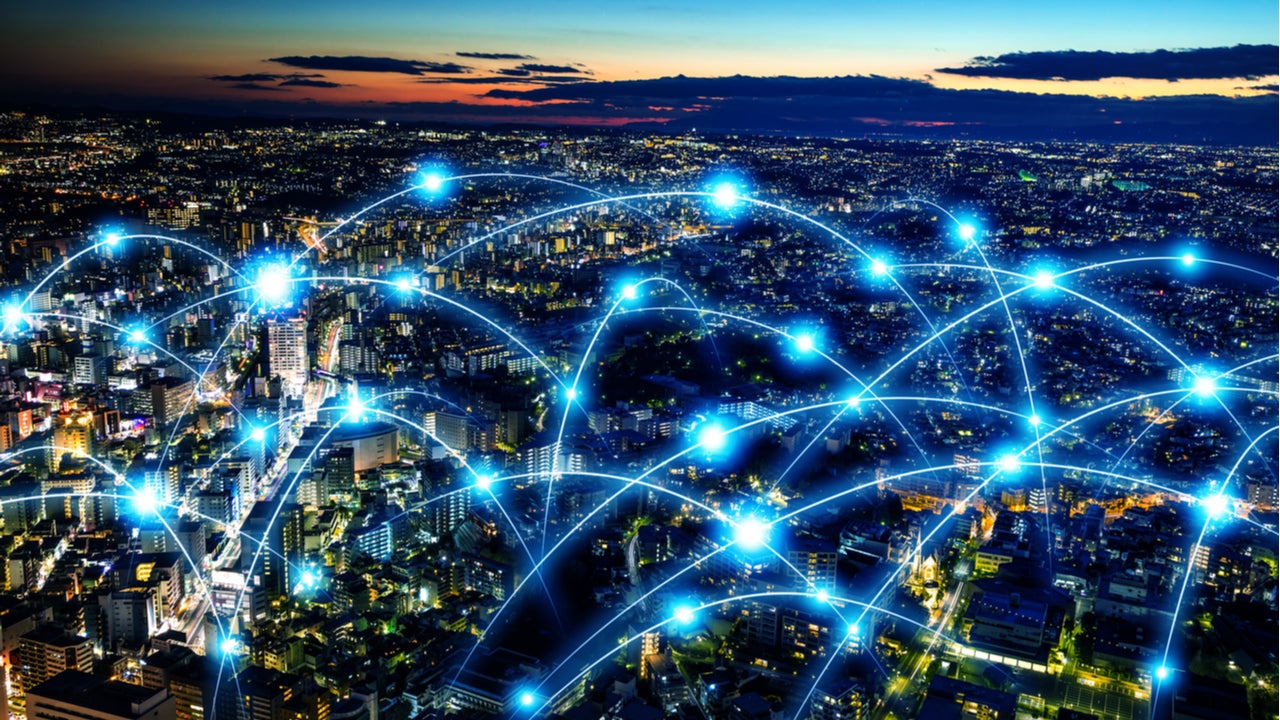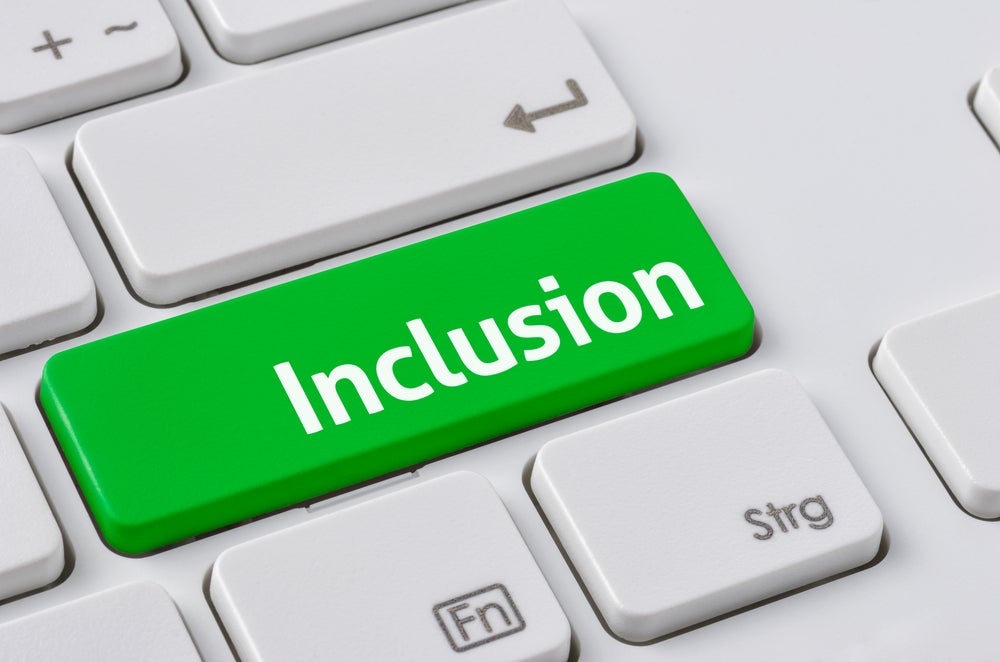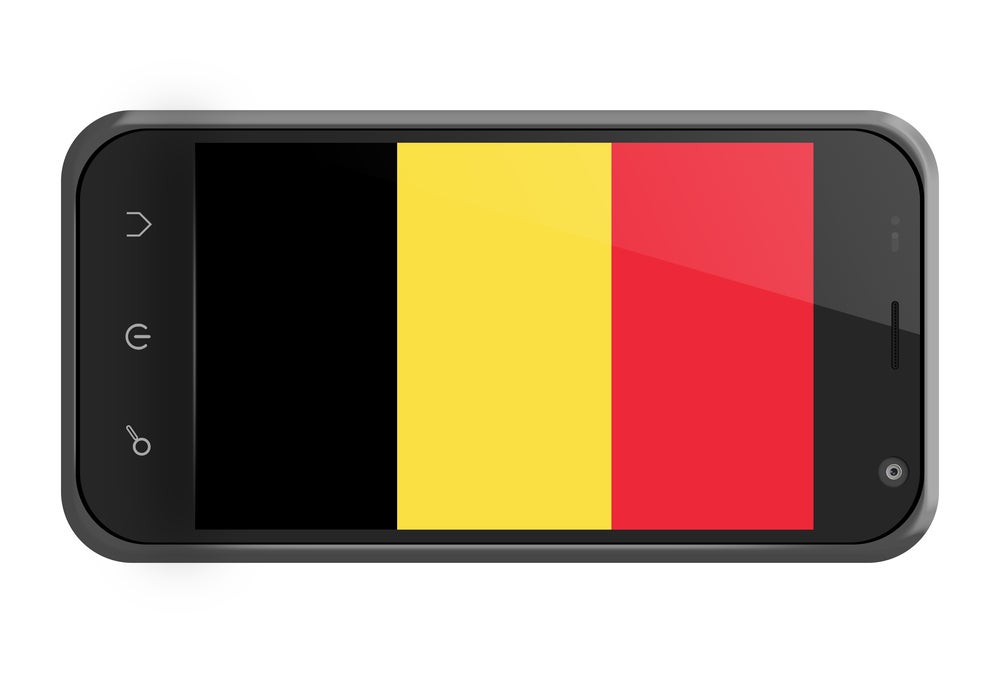
A flood of ‘green’ launches and eco-friendly announcements from European telcos in the last part of 2020 flag a clear trend towards green marketing in the industry.
After a year like 2020, we’re all looking for some feelgood news.
For the telco industry, there are plenty of reasons to be cheerful. Successive Covid-19 lockdowns have turned the humble home broadband service into a critical utility, enabling both home schooling and home working, as well as an enabler for the increasingly digital home lifestyle. Consumer digital goods consumption, as well as e-commerce, video conferencing, video streaming and e-banking activity is up, and on a clear trajectory.
Telco digitalization plans, as well as ambitions to fully digitalize the consumer sales and support channels with bots, virtual sales assistants, video web shops and other AI tools, have also received a boost from the necessities of lockdown.
Telcos are already carbon conscious
But what’s good for digital is not necessarily good for the environment. Spiraling digital app and service consumption comes with a heavy CO2 emissions price tag, and that’s an issue telcos are being forced to consider.
To be fair, many Telcos are already far down that consideration path. Most have been dutifully reporting their CO2 and carbon footprint reduction goals as part of annual corporate responsibility reports for a decade or more. Dozens of MNOs agreed to report their carbon impact through the CDP, formerly known as the Carbon Disclosure Project – and in 2016 dozens of operators worldwide agreed on a common goal to achieve net-zero emissions by 2050, primarily focusing on network energy efficiency areas.
How well do you really know your competitors?
Access the most comprehensive Company Profiles on the market, powered by GlobalData. Save hours of research. Gain competitive edge.

Thank you!
Your download email will arrive shortly
Not ready to buy yet? Download a free sample
We are confident about the unique quality of our Company Profiles. However, we want you to make the most beneficial decision for your business, so we offer a free sample that you can download by submitting the below form
By GlobalDataBut last year, the story moved up a gear.
A handful of operators, notably Orange, elevated their eco-commitment to one of the key pillars of their revised corporate strategy. Others, such as Telefonica, accelerated their goals to achieve zero net emissions earlier than scheduled. Still others started issuing Green Bonds, taking the lead from Telefonica’s milestone EUR 1 billion ‘green bond’ issue in early 2019, or adding ‘green’ sales arguments to their refurbished device lines. Others started partnering with carbon offset platforms for a more tangible green go-to-market proposition.
Environmental claims for 5G
A small handful of operators have even started aligning their go-to-market 5G marketing literature with claims that 5G has environmental benefits.
Specifically, Swisscom’s 5G marketing literature is currently claiming 5G is a ‘more sustainable’ network choice, which ‘consumes half the energy’, thanks to the deployment of more energy efficient equipment. In Spain, Orange is currently making similar claim, using ‘energy efficiency’ as one of its four key sales arguments for 5G technology. In France, Free Mobile has included the eco-argument within its own ‘The Five Advantages of Free 5G’ campaign, claiming 5G as a more ‘responsible’ technology choice, thanks to its ability to carry up to ten times more data whilst consuming less power.
Several different operators, from Deutsche Telekom to Vodafone, have talked up their goals to run 100% green energy-run networks this year; Vodafone has gone one step further, hinting at the rebranding of its own European network to the ‘Green Gigabit Network’ across 11 markets.
And then there are the carbon offset activities. Several operators, and MVNOs, are starting to work with third-party agroforestry investors to either offset mobile service emissions or ‘plant a tree’ to encourage new customer activations.
If there’s little knowing what 2021 will bring, at least we can know this: The telco industry is priming itself for a more aggressive green marketing pitch in the months to come.








Related Company Profiles
Swisscom Ltd
Deutsche Telekom AG
Orange SA
Telefonica SA